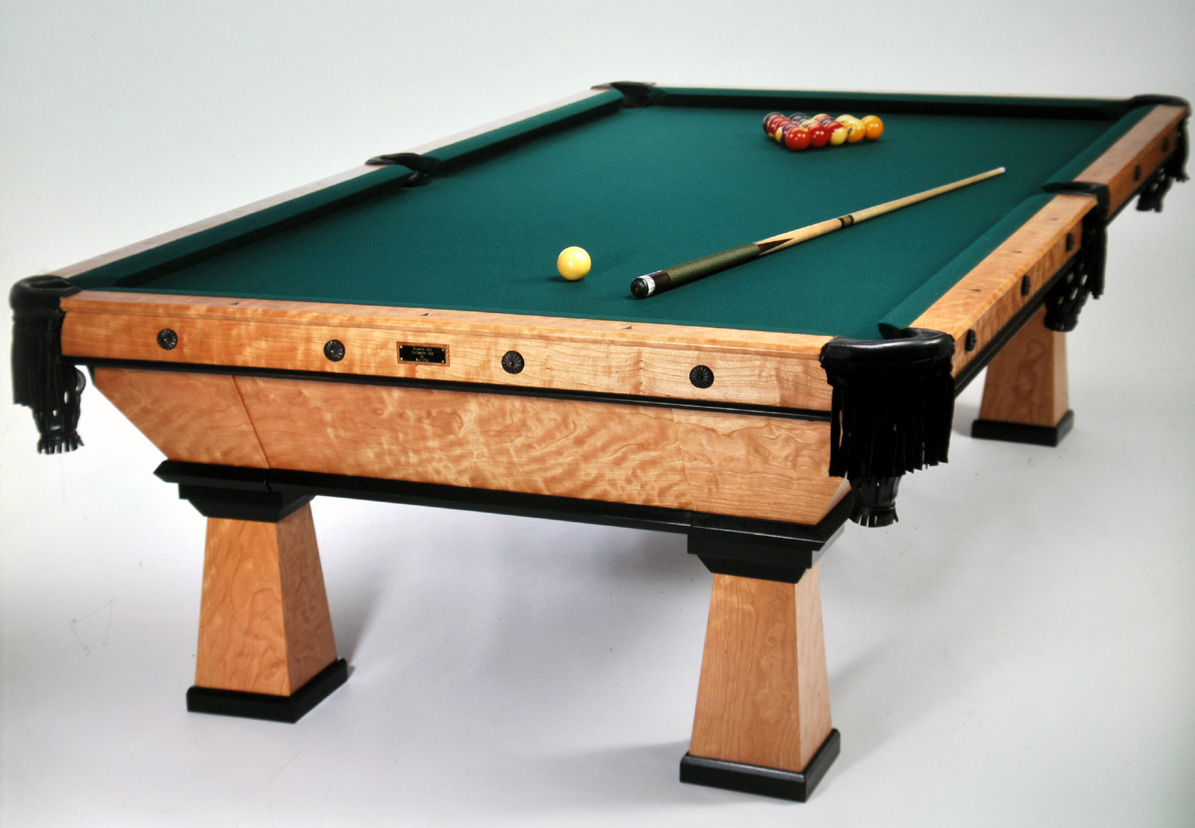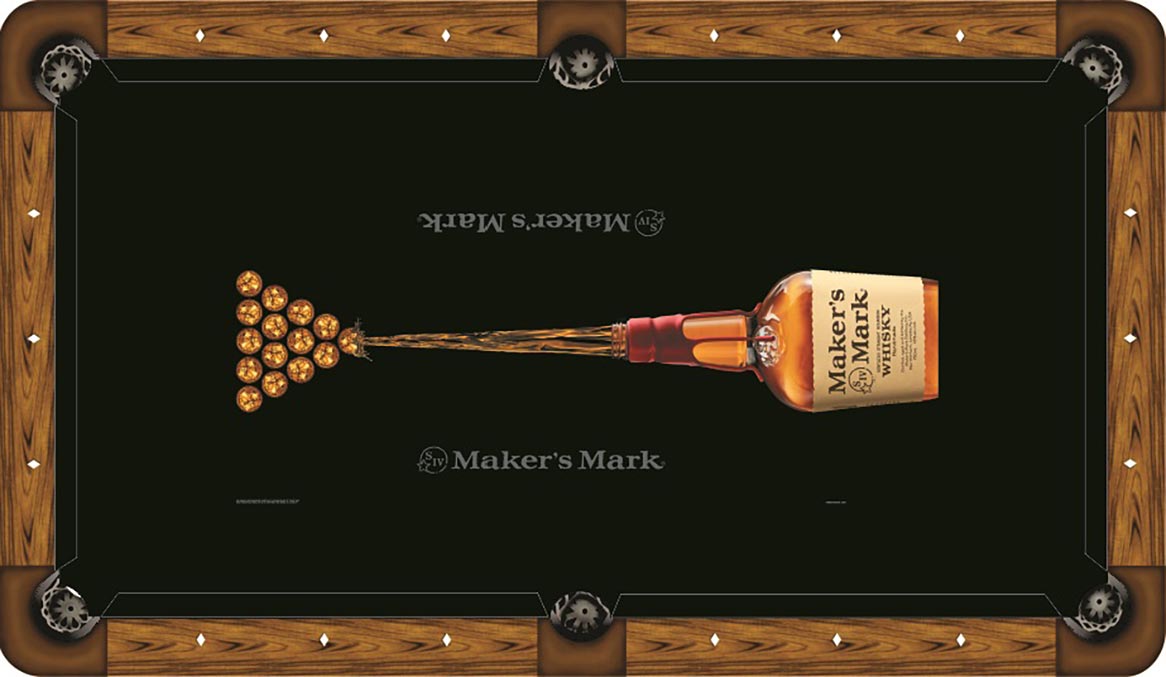When it comes to pool table makers, choosing the right manufacturer can significantly impact your gaming experience. A high-quality pool table is not just a piece of furniture; it's an investment that enhances both functionality and aesthetics in any space. Whether you're a professional player or a casual enthusiast, understanding the intricacies of pool table craftsmanship is essential. In this comprehensive guide, we will delve deep into the world of pool table makers, exploring their history, craftsmanship, and the factors to consider when making a purchase.
The pool table industry has evolved over the years, with advancements in materials, designs, and manufacturing techniques. As a result, consumers now have a wide array of options to choose from, making it crucial to identify the best pool table makers who prioritize quality, durability, and customer satisfaction.
This article aims to provide you with expert insights into the pool table industry, helping you make an informed decision. From the history of pool tables to the top manufacturers in the market, we will cover everything you need to know to find the perfect pool table maker for your needs.
Read also:Chance Combs A Rising Star In The Entertainment Industry
Table of Contents
- The History of Pool Tables
- Materials Used in Pool Tables
- The Manufacturing Process of Pool Tables
- Top Pool Table Makers
- Factors to Consider When Choosing a Pool Table Maker
- Customization Options
- Maintenance Tips for Pool Tables
- Cost Considerations
- Frequently Asked Questions
- Conclusion
The History of Pool Tables
Pool tables have a rich history that dates back several centuries. The game of billiards, which pool tables are a part of, originated in the 15th century as an outdoor game similar to croquet. Over time, the game moved indoors and evolved into the modern pool tables we know today.
Evolution of Pool Tables
The evolution of pool tables has been influenced by advancements in technology and design. Initially, pool tables were made from wood, with cloth-covered playing surfaces. As the game gained popularity, manufacturers began experimenting with different materials to improve performance and durability.
Today, pool tables are crafted using a combination of materials such as slate, wood, and synthetic fibers. The introduction of slate as a playing surface in the 19th century revolutionized the game, providing a more consistent and durable playing experience.
Materials Used in Pool Tables
The materials used in constructing pool tables play a vital role in determining their quality and performance. Understanding the materials can help you make a more informed decision when purchasing a pool table.
Read also:Ron Johnson The Visionary Entrepreneur Who Revolutionized Retail
Key Materials
- Slate: Known for its durability and consistency, slate is the preferred material for pool table playing surfaces. It provides a smooth and even playing surface, ensuring accurate ball movement.
- Wood: Wood is commonly used for the frame and legs of pool tables. High-quality hardwoods such as maple, oak, and mahogany are favored for their strength and aesthetic appeal.
- Felt: The cloth covering the playing surface, often referred to as felt, is an essential component of pool tables. High-quality felt ensures a smooth glide for the balls and enhances the overall playing experience.
The Manufacturing Process of Pool Tables
The manufacturing process of pool tables involves several stages, each requiring precision and attention to detail. From sourcing materials to assembly, every step is crucial in producing a high-quality pool table.
Steps in the Manufacturing Process
- Material Selection: Manufacturers carefully select the materials based on their quality and suitability for pool table construction.
- Cutting and Shaping: The wood is cut and shaped to form the frame and legs of the table, while the slate is cut into precise pieces to form the playing surface.
- Assembly: The components are assembled, ensuring a perfect fit and alignment. The slate pieces are leveled and secured to the frame, followed by the application of the felt.
Top Pool Table Makers
When it comes to pool table makers, several manufacturers stand out for their commitment to quality and craftsmanship. Here are some of the top pool table makers in the industry:
1. Brunswick Billiards
Established in 1845, Brunswick Billiards is one of the oldest and most respected names in the pool table industry. Known for their innovative designs and high-quality materials, Brunswick offers a wide range of pool tables to suit various preferences and budgets.
2. Olhausen Billiards
Olhausen Billiards is renowned for its commitment to sustainability and eco-friendly practices. Their pool tables are crafted using sustainable materials, making them a popular choice for environmentally conscious consumers.
Factors to Consider When Choosing a Pool Table Maker
Selecting the right pool table maker involves considering several factors. Here are some key factors to keep in mind:
Quality and Durability
Ensure that the pool table maker prioritizes quality and durability in their products. Look for tables made from high-quality materials such as slate and hardwood.
Design and Aesthetics
The design and aesthetics of a pool table can significantly impact its appeal. Choose a maker that offers a variety of designs to complement your space and personal style.
Customization Options
Many pool table makers offer customization options to cater to individual preferences. From color choices to unique designs, customization allows you to create a pool table that reflects your personality.
Popular Customization Features
- Color Options: Choose from a wide range of colors for the frame, legs, and felt.
- Design Elements: Add personalized engravings or unique design elements to make your pool table stand out.
Maintenance Tips for Pool Tables
Proper maintenance is essential to ensure the longevity and performance of your pool table. Here are some tips to help you maintain your pool table:
Regular Cleaning
Regularly clean the felt and playing surface to remove dust and debris. Use a soft brush or vacuum with a brush attachment to avoid damaging the felt.
Leveling
Periodically check the level of your pool table and adjust the legs if necessary. A level table ensures accurate ball movement and enhances the playing experience.
Cost Considerations
The cost of a pool table can vary significantly based on factors such as size, materials, and customization options. It's important to set a budget and research the market to find a pool table that fits your financial constraints.
Average Costs
- Entry-Level Tables: Typically range from $500 to $1,500.
- Premium Tables: Can cost anywhere from $2,000 to $10,000 or more, depending on the quality and customization options.
Frequently Asked Questions
Here are some frequently asked questions about pool table makers:
Q: How long do pool tables last?
A: With proper maintenance, a high-quality pool table can last for decades, providing years of enjoyment and entertainment.
Q: Can I assemble a pool table myself?
A: While some pool tables come with assembly instructions, it is recommended to hire a professional for assembly to ensure proper installation and alignment.
Conclusion
In conclusion, choosing the right pool table maker requires careful consideration of factors such as quality, design, and budget. By understanding the history, materials, and manufacturing process of pool tables, you can make an informed decision that meets your needs and preferences.
We encourage you to explore the options available and consider customization to create a pool table that reflects your personal style. Don't forget to maintain your pool table regularly to ensure its longevity and performance.
Feel free to leave a comment or share this article with others who might find it helpful. For more information on pool tables and related topics, explore our other articles on the site.


